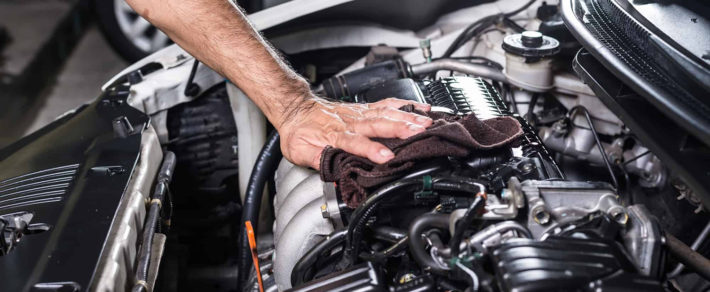Let’s Uncover the Potential Problems and Solutions
Understanding Vehicle Knocking Sounds: An Overview
Engine knocking is a common automotive issue that can be indicative of various underlying problems. This unusual car noise, often described as a repetitive tapping or pinging sound, typically originates from the engine compartment and can vary in intensity. Car knocking noises can be caused by several factors, including low-quality fuel, worn engine bearings, or issues with the fuel injection system. Automotive diagnostics play a crucial role in identifying the root cause of these vehicle sounds, as proper diagnosis is essential for effective repair. Mechanics may use specialized tools and computer systems to analyze engine performance and pinpoint the source of the knocking. It’s important for vehicle owners to address unusual car noises promptly, as ignoring engine knocking can lead to more severe damage and costly repairs. Regular maintenance and attention to vehicle sounds can help prevent major issues and extend the life of a car’s engine.
Common Causes of Knocking Sounds in Vehicles
Engine problems can manifest in various ways, often signaling underlying issues that require prompt attention. Worn bearings, a common culprit, can lead to increased friction and noise within the engine, potentially causing severe damage if left unaddressed. Low oil pressure is another critical concern, as it can result in inadequate lubrication of engine components, leading to accelerated wear and potential engine failure. Fuel issues, such as clogged injectors or a malfunctioning fuel pump, can cause poor performance, reduced fuel efficiency, and even engine misfires. Loose components within the engine compartment can create unusual rattling or vibrating sounds, indicating the need for inspection and tightening. Additionally, suspension problems, while not directly related to the engine, can affect overall vehicle performance and handling, potentially leading to uneven tire wear and compromised safety. Regular maintenance and prompt attention to these issues are essential for preserving engine health and ensuring optimal vehicle performance.
When to Seek Professional Help for Vehicle Knocking
Engine knocking is a serious issue that requires immediate attention from vehicle owners and mechanics. This persistent noise, often described as a rhythmic tapping or pounding sound, can indicate various underlying problems within the engine. Performance issues frequently accompany severe knocking, including reduced power output, decreased fuel efficiency, and rough idling. These symptoms not only affect the driving experience but also point to potential damage occurring within the engine’s internal components. Safety concerns arise from the risk of sudden engine failure, which could lead to loss of control while driving, especially at high speeds or in challenging traffic conditions. Additionally, ignoring engine knocking may void the vehicle’s warranty, as manufacturers typically require prompt attention to such issues to maintain coverage. Addressing engine knocking promptly is crucial to prevent further damage, ensure vehicle safety, and potentially save on costly repairs that might result from prolonged neglect of the problem.
Conclusion: Addressing Knocking Sounds for a Healthier, Safer Vehicle
Knocking sounds in your vehicle can be more than just an annoyance; they often indicate underlying issues that require attention. These noises typically originate from the engine or suspension system and can range from a light tapping to a loud banging. Ignoring these sounds may lead to more severe problems and costly repairs down the line.
Common causes of knocking sounds include:
1. Engine issues: Low-quality fuel, worn spark plugs, or problems with the fuel-air mixture can cause engine knocking.
2. Suspension problems: Worn-out shock absorbers, loose ball joints, or damaged struts may produce knocking noises when driving over bumps.
3. Brake system concerns: Warped rotors or loose brake pads can create knocking sounds during braking.
4. Exhaust system damage: Loose heat shields or damaged exhaust components may cause rattling or knocking noises.
To address these issues, it’s crucial to have your vehicle inspected by a qualified mechanic as soon as you notice any unusual sounds. They can diagnose the problem accurately and recommend appropriate repairs. Regular maintenance and prompt attention to strange noises will help keep your vehicle running smoothly, ensuring both your safety and the longevity of your car. Contact McKinney Motor Company in Albuquerque for a complete vehicle check up today!




